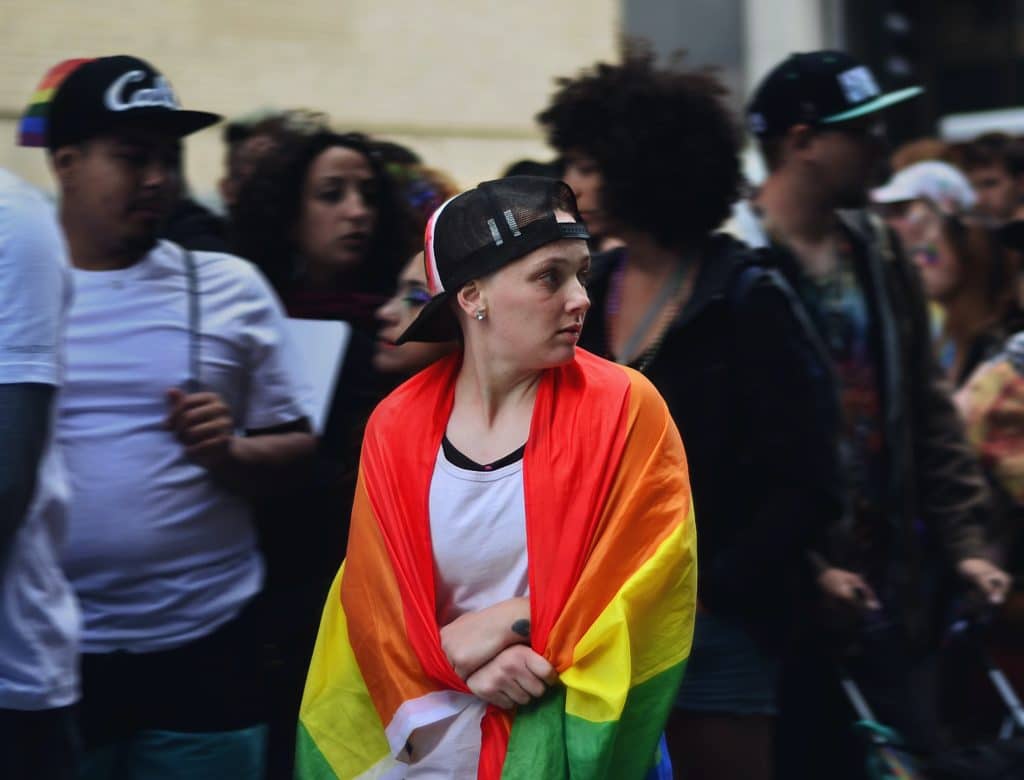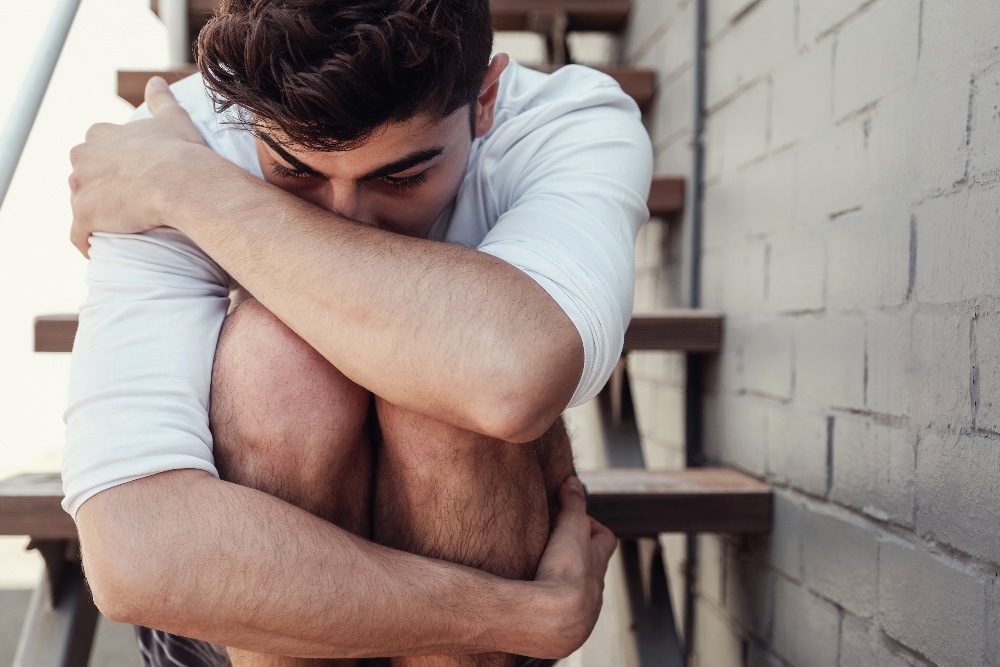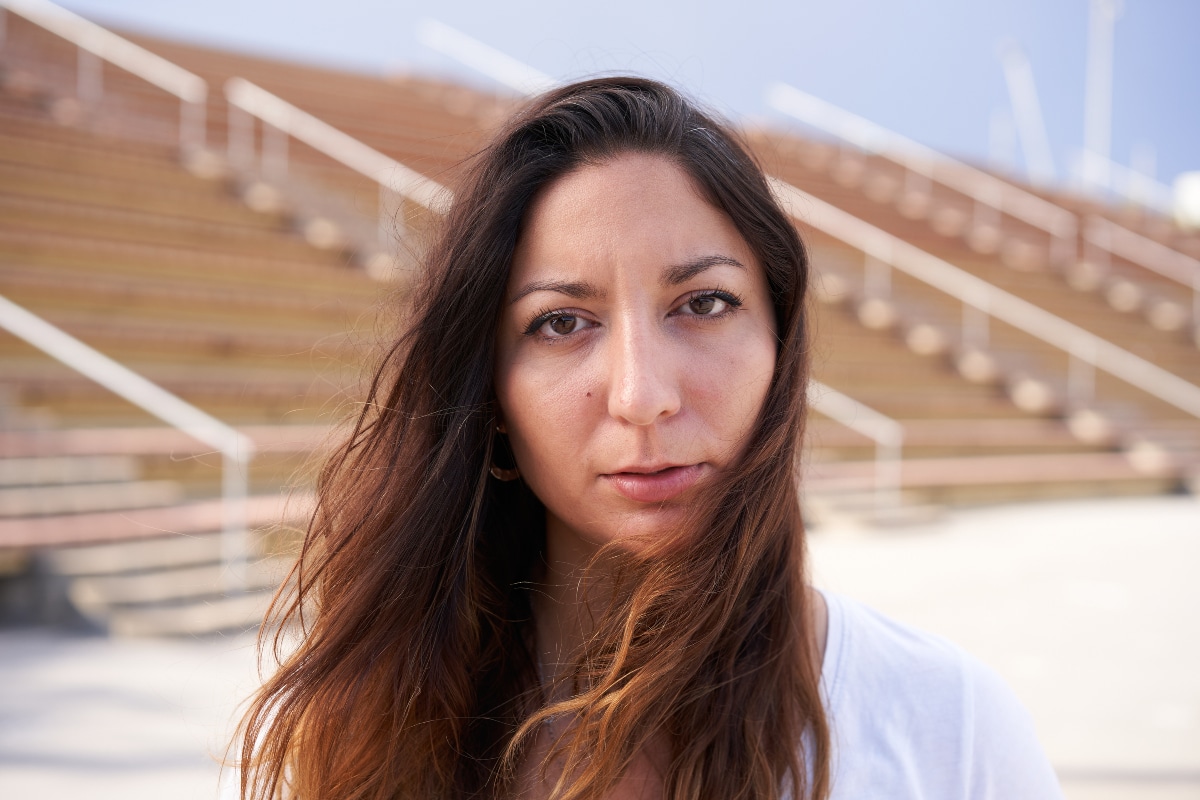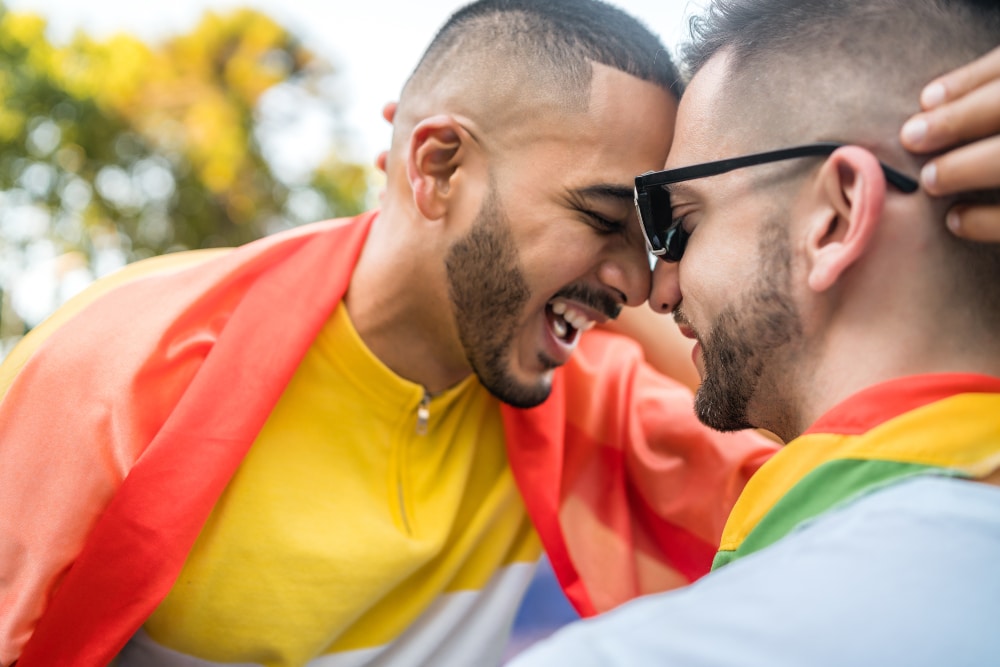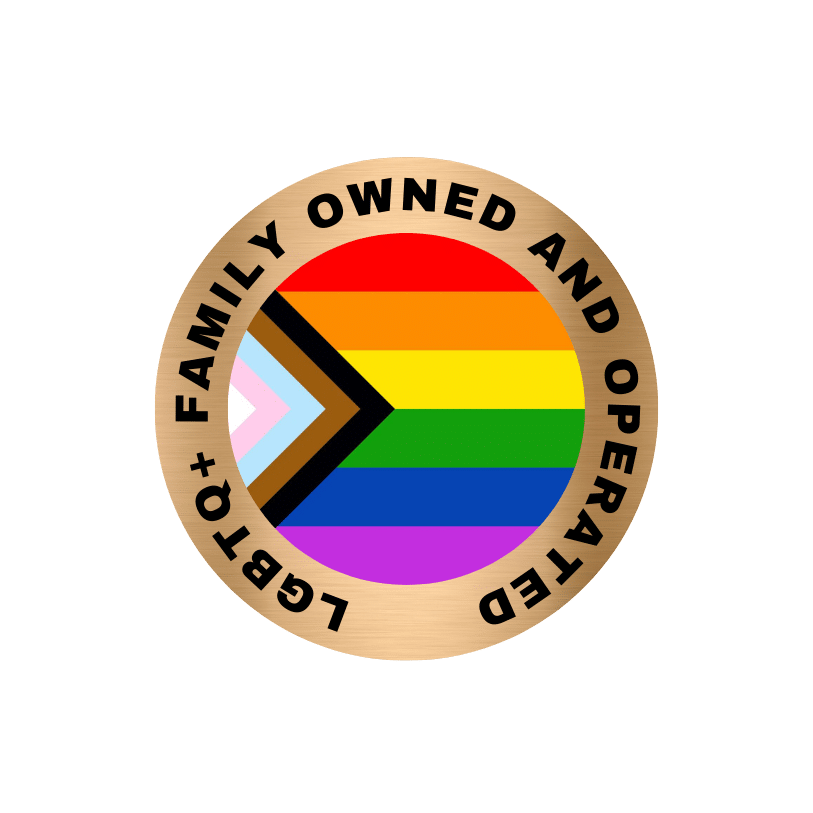Everyone experiences some degree of anxiety in their lifetimes. That feeling of concern or uneasiness when faced with a situation that may have unexpected consequences, like speaking in public or taking an important test, is anxiety at its most basic. Anxiety is a normal response to these situations, not a cause for concern. Some people suffer from anxiety at a level considered a mental health disorder that needs professional treatment.
Members of the LGBTQ+ community can experience more anxiety than those who identify as heterosexual. Despite the vast strides we have seen in attitudes and acceptance of LGBTQ+, there is still a higher incidence of severe anxiety among LGBTQ+ individuals than in the heterosexual and gender-normative population.
High Rates of Anxiety Among the LGBTQ+
Recent census results estimate that more than 20 million people, or approximately eight percent of the United States adult population, identify as a member of the LGBTQ+ community. Of those 20 million, more than 60 percent of members of the LGBTQ+ community will develop mental health conditions such as anxiety or depression. Most LGBTQ+ who suffer from anxiety symptoms will also show signs of depression.
Because of their experiences, members of the LGBTQ+ community may have a higher risk of mental health conditions, including anxiety. LGBTQ+ people have a high likelihood of experiencing discrimination or judgment based on their sexual orientation or gender. As a result of their experiences, they may have high levels of anxiety.
What are the Effects of High Anxiety?
Mental health issues can impact everyone differently. Anxiety disorders have a few common symptoms that can aid in diagnosing anxiety. High anxiety can affect an individual both mentally and physically.
Some of the symptoms of anxiety include:
- Sense of constant impending doom
- Headaches
- Increased heart rate, palpitations, and chest pain
- Panic attacks
- Depression
- Rapid shallow breathing
- Upset stomach
- Loss of libido
- Extreme fatigue
- Joint and muscle pain
Why is Anxiety So High Among LGBTQ+ Individuals?
Anxiety is high among LGBTQ+ individuals for many reasons. There has been some improvement in the areas of general acceptance and tolerance. However, people in the LGBTQ+ community still face many challenges that heterosexual people do not. Many people in the LGBTQ+ community have experienced stress and anxiety caused by various experiences.
Here are some challenges that members of the LGBTQ+ community may face:
- Coming out. When an LGBTQ+ individual first comes out, there is anxiety related to a fear of the unknown. They do not know how their news will affect their friends and family.
- Rejection. Rejection by friends and family members is, unfortunately, all too common. Losing loved ones due to rejection can lead to high anxiety and depression.
- Discrimination. While there may be less discrimination than there has been in the past, it is still prevalent in some areas. Discrimination can lead to anxiety and insecurity.
- Trauma. Many in the LGBTQ+ community have dealt with homophobia, bullying, assault, and other hate crimes. Trauma can lead to stress and anxiety.
- Substance Use. Many will turn to substance use or abuse as a means of coping with their stress and anxiety.
- Homelessness. Many members of the LGBTQ+ community deal with homelessness due to the rejection suffered in response to their coming out. This is further aggravated by the harassment many will experience in homeless shelters. Some church-based homeless shelters may even deny them entry.
How to Cope With Your Anxiety
There are several ways that people in the LGBTQ+ can cope with anxiety, including:
- Stay physically active. Exercise is known to reduce stress. When people maintain a busy routine throughout the week, their stress and anxiety levels can be decreased.
- Avoid alcohol and/or recreational drugs. While many people turn to drugs and alcohol to cope with their stress, these substances can increase anxiety. If someone has trouble stopping their use of drugs and alcohol, they may want to seek treatment to help them quit.
- Quit smoking and reduce the amount of caffeine you consume. Nicotine and caffeine can make stress and anxiety levels worse. Quitting smoking and either stopping or reducing caffeine can help reduce a person’s levels of anxiety.
- Get enough sleep. Sleep can be healing. If someone has trouble getting to or staying asleep, they should talk to their doctor.
- Use relaxation techniques for stress management. Relaxation techniques proven to reduce stress and anxiety include visualization exercises, yoga, and meditation.
- Get professional help. A mental health professional can help a person identify their condition. Once a diagnosis has been made, they should learn as much about it as possible. When someone is given a treatment plan, they will want to stick with it to reduce their anxiety levels.
- Keep a journal. When a person keeps a journal, they can write down their episodes of anxiety. They will want to make a note of what happened during the episode as well as what triggered it.
Getting Help From No Matter What Recovery
Anxiety can cause serious mental and physical effects on your body. In many cases, stress and anxiety go hand in hand with substance use or abuse and other mental health conditions. When this occurs, it is called a dual diagnosis.
No Matter What Recovery offers a safe place to address your dual diagnosis mental illness and substance use needs. We offer an environment where you will not be judged for being a member of the LGBTQ+ community.
Your treatment plan at No Matter What Recovery can include trauma therapy, holistic therapy, traditional cognitive behavioral therapy (CBT), dialectical behavioral therapy (DBT), and group therapy. These are proven treatment programs to help you deal with the trauma you may have faced that has led to your increased anxiety. We know what works because we have been there.
At No Matter What Recovery, our counselors will conduct an assessment and help you decide which treatment will be best for you. We offer a partial hospitalization program, outpatient and intensive outpatient programs, medication-assisted treatment, group therapy, and family therapy programs. No two cases are the same, and your treatment plan will be customized to meet your individual needs.
Many members of the LGBTQ+ community in Los Angeles need treatment at some point in their lives. We understand your trauma and what you have faced in your journey. Many of our staff have been where you are when you finally decided to seek treatment.
For a free consultation, contact us today to learn more about your treatment options.

